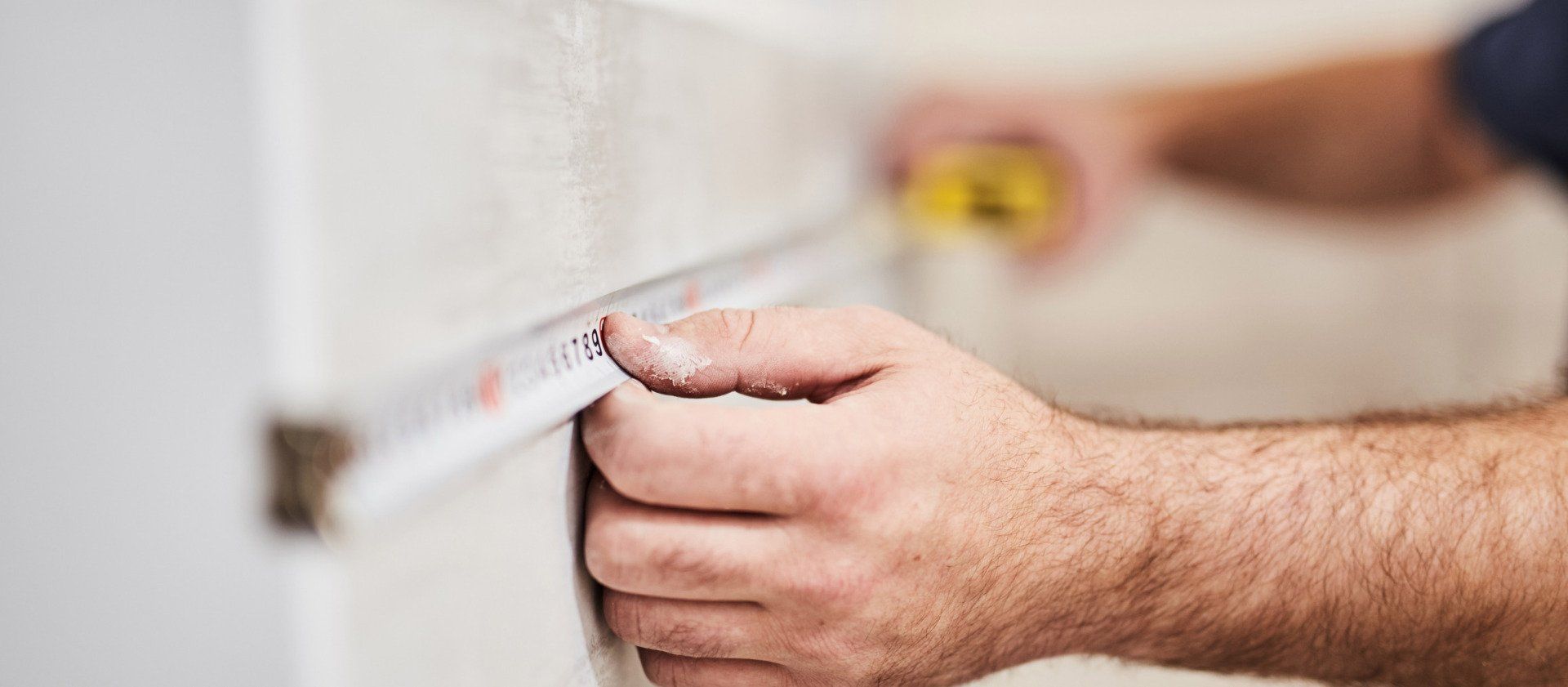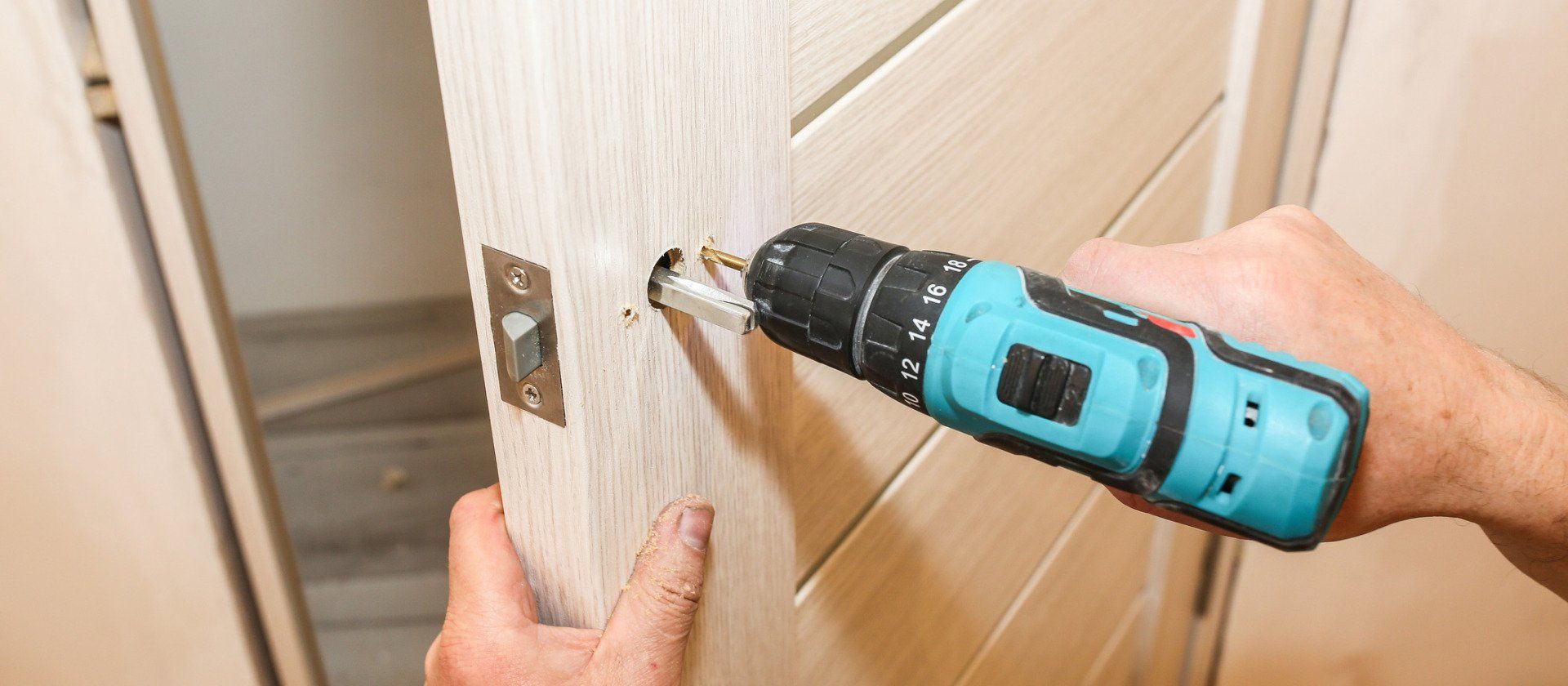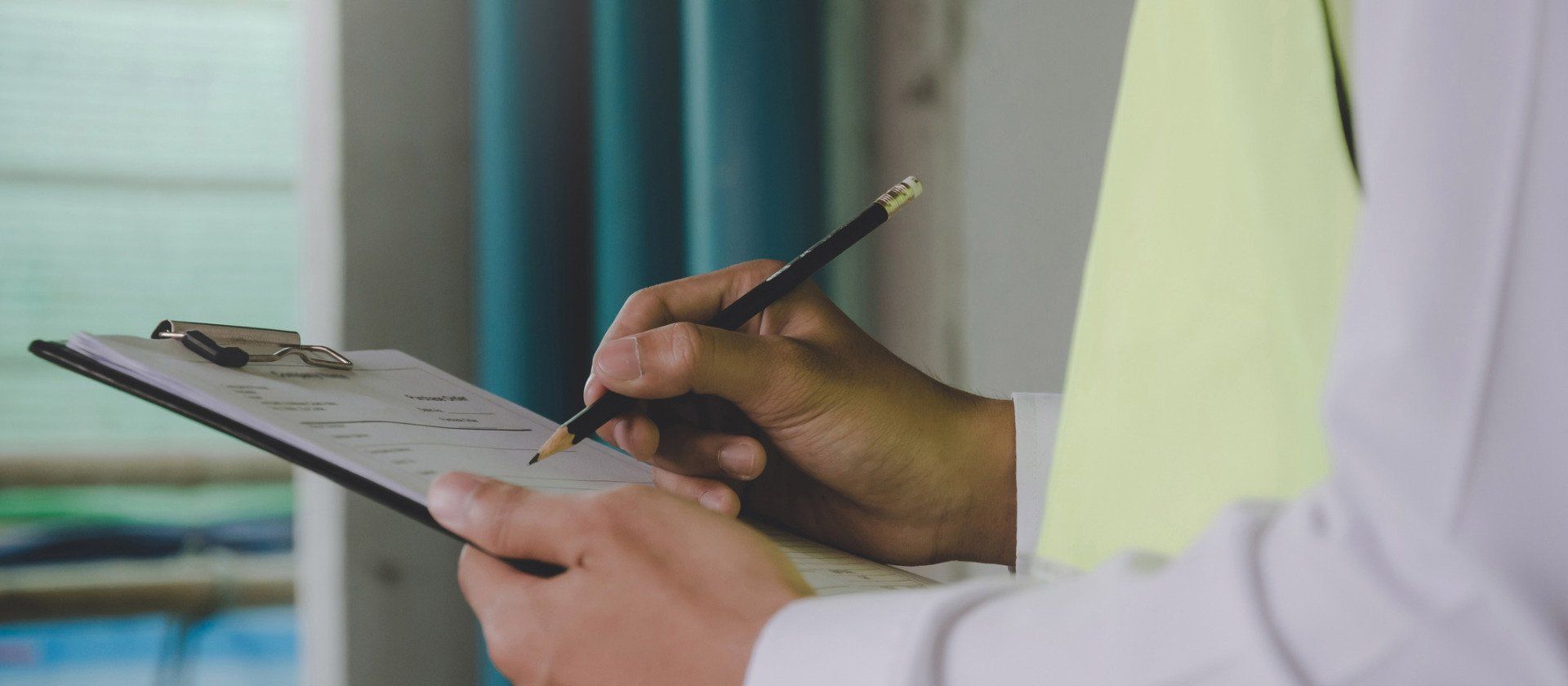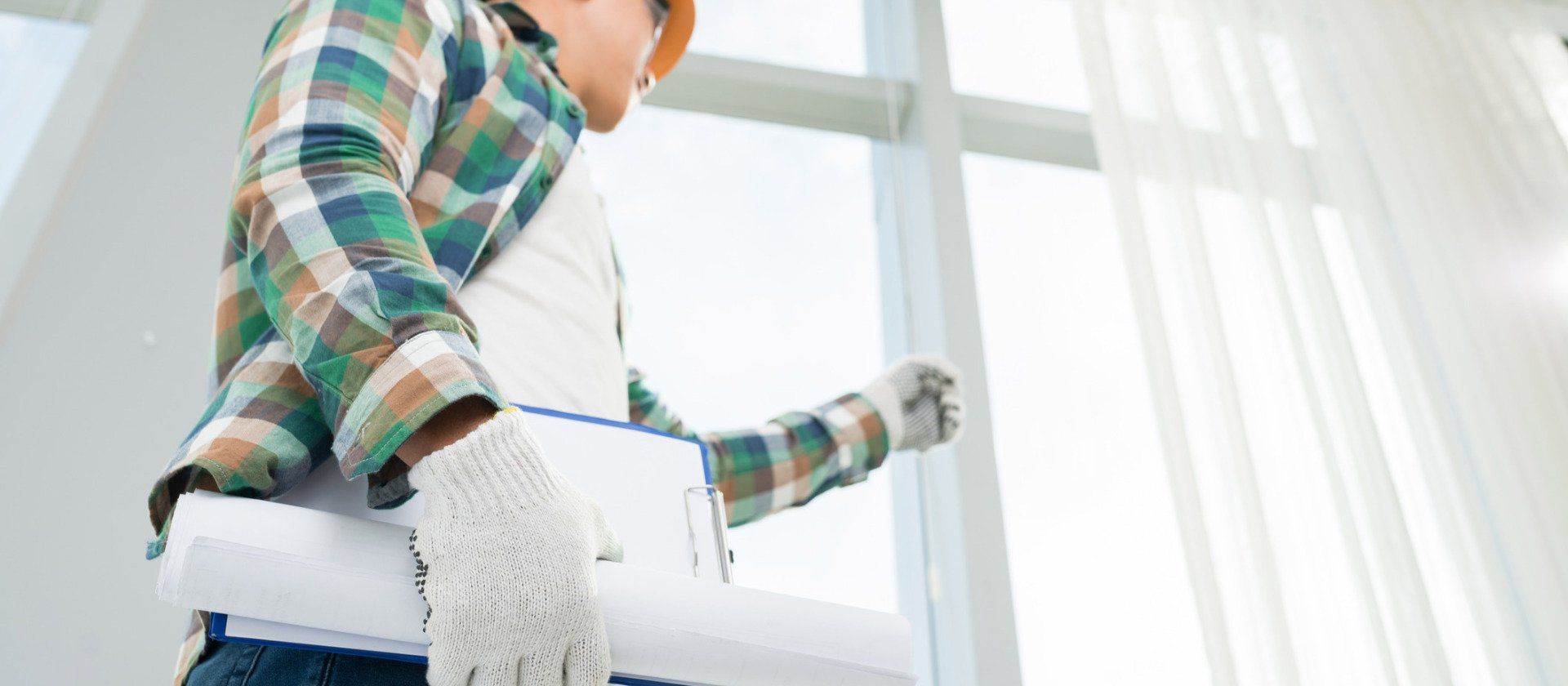Englewood Glass & Mirror Helpful Links
What To Expect
Choosing to install new doors or windows is a great way to improve the value, security, and comfort of your home. Before we arrive to install your doors or windows, you may have a few questions about the process. Here is a closer look at what to expect after you sign a contract for new doors or windows.
Measure
The first step in the process occurs a few weeks before your installation date. We want to ensure that your new doors or windows fit perfectly, which requires a final measure.
Our team will contact you shortly after you select your products to arrange a final measure. The measure should only take a few minutes. We work around your schedule to make this as convenient as possible.
Install
The next step is the actual installation of your doors or windows. We always arrive on schedule and are prepared to complete your project. You will be greeted by a team leader who is available to address your concerns throughout the installation process. If necessary, you will also receive a permit that you can present during a municipal inspection.
Before starting on the installation job, our team protects your property from debris and dust. This may include the use of a temporary wall, plastic sheeting, and drop cloths to minimize dust and prevent damage.
Our crew will need to enter and leave your house throughout the day. If you have any additional areas or objects that you want to protect, please inform the team leader.
After the installation is done, we fully clean up the site. Our crew removes stickers from windows, wipes down handprints and smudges, and clears out all the debris. We then perform a full review of the installation and test the doors, windows, or shutters to ensure that they work properly.
Inspection
Many installation projects require a municipal inspection to ensure that everything complies with your local building regulations. We will contact you shortly after the installation is completed to arrange an inspection date.
You must be home during the municipal inspection. If you are not available, you may need to arrange for a family member or friend to be present. We cannot control the availability of inspectors, but our staff will try to find a date that works best for you.
Hurricane Safety
Hurricanes are strong storms that cause life- and property threatening hazards such as flooding, storm surge, high winds and tornadoes. Preparation is the best protection against the dangers of a hurricane.
Know the Difference
Hurricane Watch
Hurricane conditions are a threat within 48 hours. Review your hurricane plans, keep informed and be ready to act if a warning is issued.
Hurricane Warning
Hurricane conditions are expected within 36 hours. Complete your storm preparations and leave the area if directed to do so by authorities.
Let Your Family Know You’re Safe
If your community has experienced a hurricane, or any disaster, register on the American Red Cross Safe and Well Web site available through RedCross.org/SafeandWell to let your family and friends know about your welfare. If you don’t have Internet access, call 1-866-GET-INFO to register yourself and your family.





